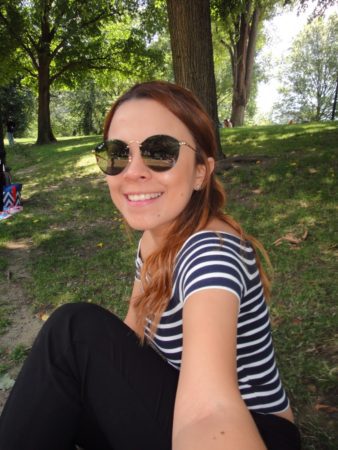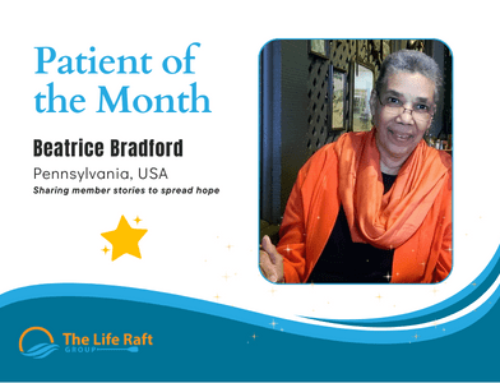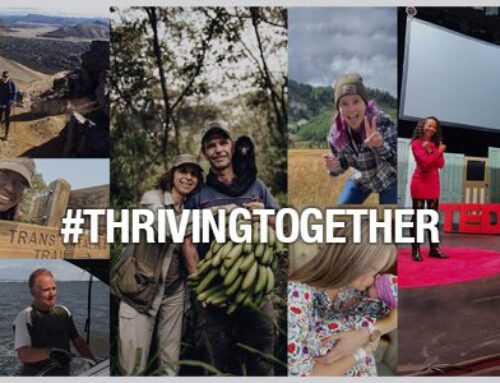 My name is Andrea Torres, and I am 24 years old. I am from Tegucigalpa, Honduras.
My name is Andrea Torres, and I am 24 years old. I am from Tegucigalpa, Honduras.
I was diagnosed with GIST in December 2015 here in Honduras. I was 22 years old. It began when I woke up one morning with a strong pain in my stomach. At first it was tolerable, but after a few hours it became much worse. No matter what I did, the pain increased, so I went to the emergency room. During an ultrasound and MRI, the decided I needed to have emergency surgery. They had found a mass between the stomach and pancreas, which had broken, causing internal bleeding and pain. A month later, they gave me the results of the biopsy, which indicated that it was a 10cm tumor with a mitotic rate of 5/50. At this point, none of the doctors specialized in GIST.
When you hear the word “cancer”, you immediately relate it to painful processes until you get to death. When I received the news, I had my family at my side. I felt anguish and fear, but that was something I could not show because I had to be strong for them. In the most serene way, I immediately asked the question, “Now, what’s next?” I must confess that when I heard that the type of chemotherapy I would receive would not make my hair fall out, I felt very relieved. I know that was not the most important thing, but I think that as a woman that kind of thing comes to matter a lot.
At the beginning, one of the most difficult things was finding information about GIST. In my country, I did not receive any information about this disease. It really was almost one year that I did not have the most basic and important information about GIST. One year later, my first contact was with Piga Fernandez, president of Fundacion GIST Chile. She immediately guided me to the LRG, and together with them, I was able to educate myself about everything I have being doing until now.
It was not until more than a year after I was diagnosed when I learned the importance of a mutational test. No one had ever told me until I found the LRG and they were able to inform me. It was until November 2017 when I was able to do the mutational test. I am still waiting for the results.
My life has changed a lot since my diagnosis. I still remember at the time I was diagnosed I was working on a social project in Honduras with people diagnosed with cancer, never imagining that after working years ago with cancer foundations, that I would also be a part of this group.
For that reason, I had to stop going to hospitals. I always felt a love of working with children in special conditions, but after my diagnosis and having my defenses low, my doctor’s advice was to stay away from hospitals where it is easy to get a virus or infection.
The biggest challenge for me is to continue learning. GIST is a very rare disease, and luckily today in 2017, there are many studies and clinical trials for patients. In this disease being educated above all is the key to survival.
Despite the challenges, I am inspired by my optimism for life and my faith. To quote the bible in Job 5:18, “For he inflicts pain, and gives relief; He wounds, and His hands also heal.”I hope one day to continue doing what I love as a professional, and as a human being.
My heroes during this journey are my family and other special people in my life. They are my main reason to be strong, and to keep going.
I have received great support from the entire LRG family, and at all times have felt that I am important to them. They have answered all my doubts.
Andrea is our new country liaison for Honduras.




